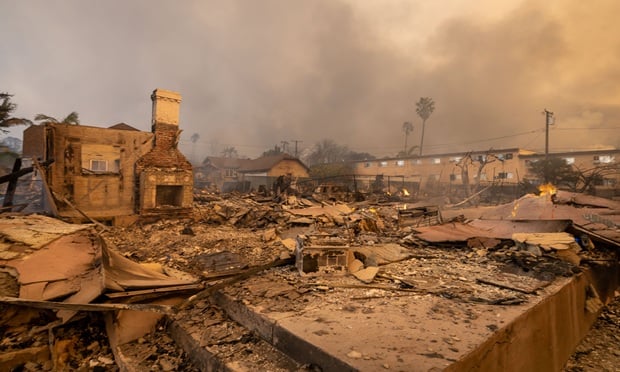NU Online News Service, Sept. 22, 1:05 p.m. EDT
The American Insurance Association is contending that the characteristics of the property and casualty insurance business make a "particularly compelling case" for exempting the industry from regulation of their derivatives activities.
The AIA views were contained in a comment letter to the Securities and Exchange Commission and the Commodities Futures Trading Commission.
The agencies will be proposing a number of definitions and regulations designed to implement the measure, a process likely to take several years.
The comment letter was submitted in response to a request for comments on how certain terms related to derivatives regulation should be defined, including the definition of "major swap participant," "major securities-based swap participant" and "swap."
The agencies are just launching the efforts to interpret the Dodd-Frank Wall Street Reform and Consumer Protection Act enacted by Congress in August. The request for comments deals with implementing Title VII of the law–derivatives activities of financial firms.
While the title was written to deal with problems created by the decision of American International Group to insure $2.7 trillion in mortgage-backed securities by issuing credit default swaps that were not hedged, the industry contends that the intent of the law was to exempt regulated property and casualty insurance contracts from the scope of Title VII.
The AIA said in its comment letter that the definition of "swap" in the law defines the term too broadly, creating the potential "for blurring the distinction between federally regulated swaps and regulated property-casualty insurance contracts."
According to the letter, the AIA requested that the SEC and the CFTC clearly state that a property-casualty insurance contract is not a swap and is not subject to Title VII.
"Such a provision will not undermine the authority of the SEC or CFTC because the agencies will retain authority to determine that contracts structured to evade the requirements of Title VII are swaps," the letter said.
In seeking to justify an exemption, the AIA cited comments by Sen. Blanche Lincoln, D-Ark., which stated she was working with other senators to craft a provision to give the CFTC and the SEC time to study the issue of whether the stable value fund options and/or the contract wrappers for these stable value funds are "swaps" or "some other type of financial instrument such as an insurance contract."
The letter also incorporated the views of the American Council of Life Insurers, also in a letter, which cited several members of the conference committee that wrote the bill.
The ACLI letter argued that in determining which derivatives activities should be regulated by the agencies, among the issues to be considered is the "value and quality of the collateral held against counterparty exposures."
In determining which swaps should be regulated, the ACLI letter cited by the AIA said, "it is important to note that it is also the intent of this bill to distinguish between commercial end users hedging their risk and larger, riskier market participants," referring to comments by Sen. Lincoln and Sen. Chris Dodd, D-Conn., chairman of the Senate Banking Committee.
Want to continue reading?
Become a Free PropertyCasualty360 Digital Reader
Your access to unlimited PropertyCasualty360 content isn’t changing.
Once you are an ALM digital member, you’ll receive:
- Breaking insurance news and analysis, on-site and via our newsletters and custom alerts
- Weekly Insurance Speak podcast featuring exclusive interviews with industry leaders
- Educational webcasts, white papers, and ebooks from industry thought leaders
- Critical converage of the employee benefits and financial advisory markets on our other ALM sites, BenefitsPRO and ThinkAdvisor
Already have an account? Sign In Now
© 2025 ALM Global, LLC, All Rights Reserved. Request academic re-use from www.copyright.com. All other uses, submit a request to [email protected]. For more information visit Asset & Logo Licensing.








